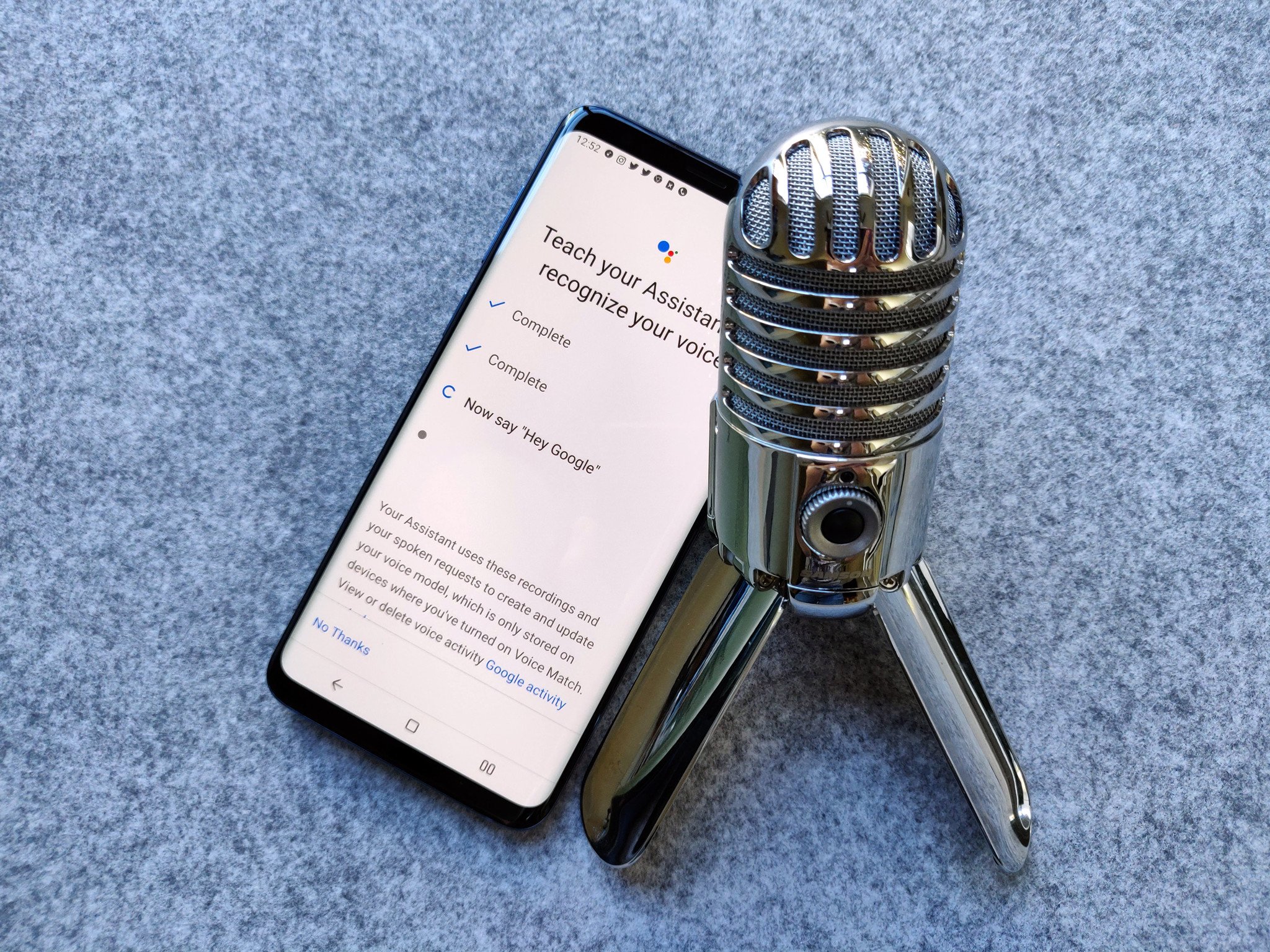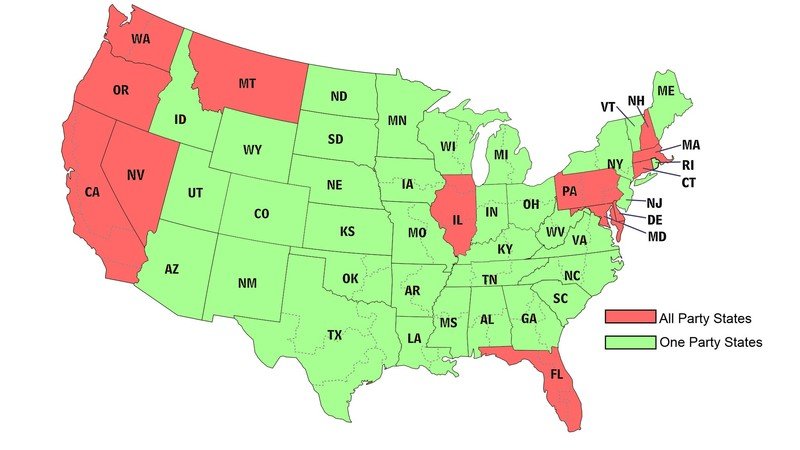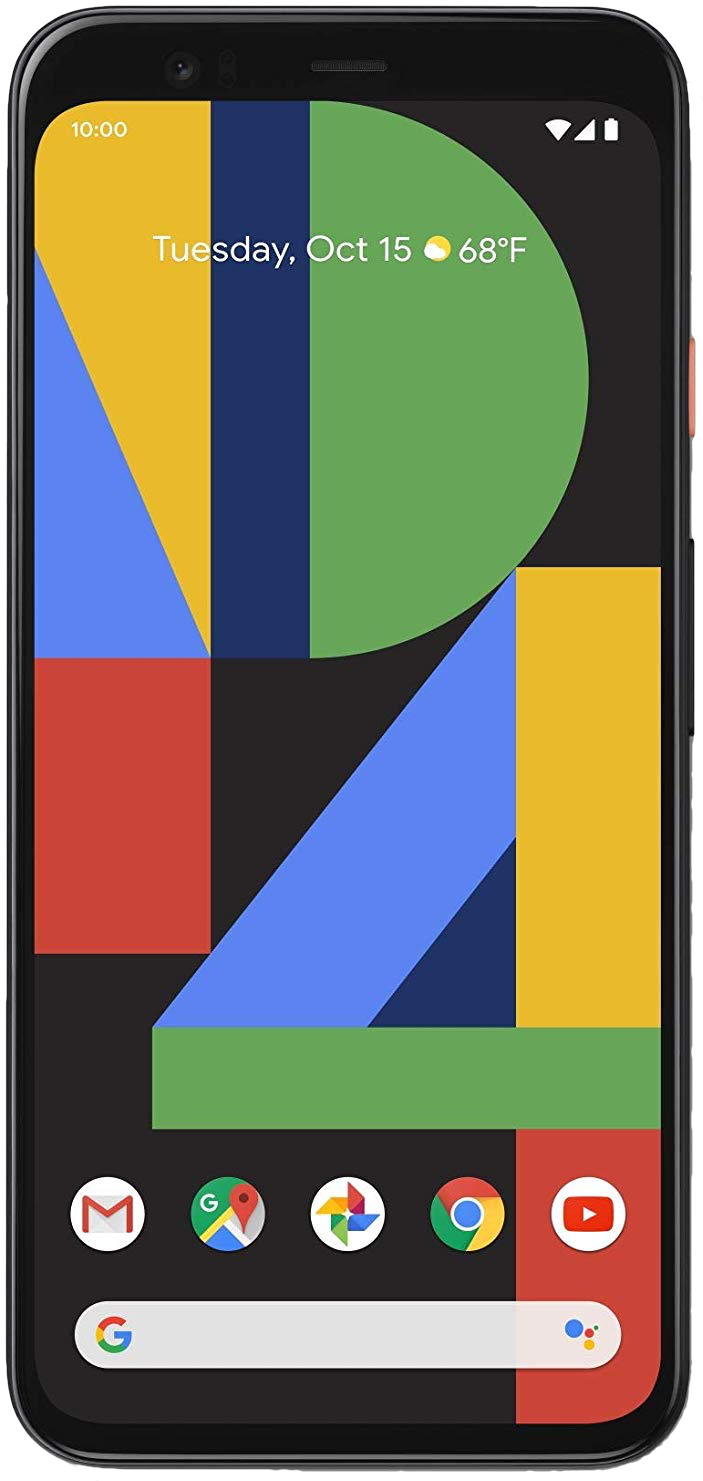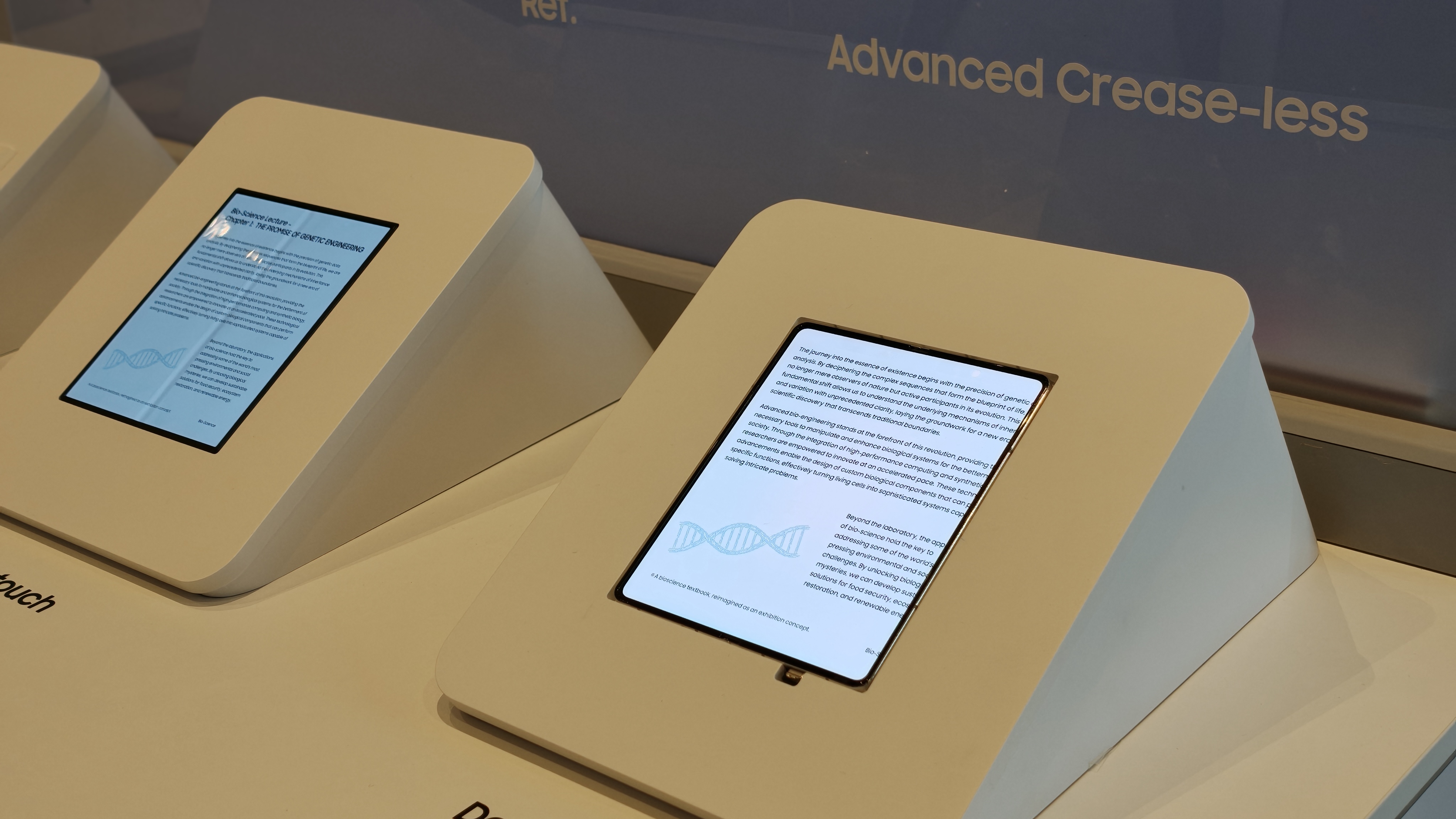Google's call recording will pose a legal risk so here's what you must know

In an upcoming update to the phone app on Android devices, Google is expected to add a call recording feature, potentially with a link to the Recorder app that does such a remarkable job transcribing conversations. Call recording has been available on Android in one app form or another for quite some time. In fact, Google's own Google Voice service will record a call with a touch of a button, and Voice seems to be the model for the Phone app update.
That service call is always being recorded, and you can consider yourself informed.
With Google Voice, you press a button to start recording the call and then a voice comes on and announces that the call is being recorded. Everybody can hear the voice, so everyone knows that the call is being recorded. This is effectively the same as when a customer service line informs you that the call "may be recorded for training purposes." That service call is always being recorded, and you can consider yourself informed.
Federal and State law
But there is an issue of legality with recording phone calls. As far as the federal government is concerned, anybody can record their own phone call. As long as you are one of the people on the call, you are allowed to record it. If you hear a call but you are not an intended party, that is legally defined as eavesdropping. If you have to perform any technical interruption to gain access to the call, you have now committed wiretapping. Eavesdropping and wiretapping are never legal ways to record a phone call; you must be involved in the call to record it.
Things get more complicated at the state level. All states allow call recording of some type, but a few states require every party on the call be made aware of the recording before it begins. This can be a simple automatic message or a preamble to a customer service call. No state forbids recording — so long as every party knows they are being recorded, you can record any call.
Interstate laws
What happens when you call a state that has a different law? That depends on a number of conditions — the state where the call originated, the state where it was received, the state where it was recorded, and the state where the law was actually violated.

Let's say I live in Texas and I decide to buy a baseball card from a seller in Pittsburgh. I call them on the phone and secretly record our call so that I have a record of the deal. I send them the money in advance, like we agreed on the phone, then go to pick up the card. When I get there, they say I owe more money. I produce the audio tape. What happens next?
Since I live in Texas and Texas is a One Party state, I didn't break any Texas laws. Pennsylvania is an All Party state, so I have broken Pennsylvania law. That means if I try to sue my seller in Pittsburgh, I probably won't be able to use the tape.
Get the latest news from Android Central, your trusted companion in the world of Android
Let's say instead my seller comes to Texas to deliver my card. They still say I owe more money, but now I have a recording of our call that I made legally in Texas. They may argue that recording the call was illegal where they lived, but they would be making that argument in a Texas court where the recording is legal.
A generation of text conversations has shown us that having a written record can be very helpful for everyone involved
California is especially sensitive to this disparity. If a lawsuit over a recorded call falls under California jurisdiction, the state defaults to whichever state has the most strict laws for consent. While California is an All Party state, it does have an unusual exception that allows an audible beep to act as warning that a call is being recorded, so the state may not be the most strict in all cases.
Other unusual State-by-State cases
- Arizona — You can record a call if you own the phone account and pay the bill.
- Connecticut and Wisconsin — These are One Party states for criminal cases, but All Party states for civil suits. In Wisconsin you have to declare that the recording may be used in a court of law.
- Michigan — The law is poorly worded, so it seems to say All Parties but Appeals Courts have decided Michigan is a One Party state.
- Montana — All Parties must consent, but there's an exception for recording elected or appointed officials when they are performing official duties.
- Nevada — You can record a conversation in person without telling the other party, but on the phone, All Parties must consent to recording.
- Pennsylvania — A loophole lets you pick up a landline phone and legally listen in to someone else's conversation, but once you start recording you've broken the law.
Should you record conversations?
Occasionally, legally, you should record a phone call. A generation of text conversations has shown us that having a written record can be very helpful for everyone involved. Record conversations with customer service representatives, salespeople, and other business interactions.
It is thornier to ask whether we should start recording personal calls. We communicate so heavily in text that personal conversations are essentially saved, except that these provide an incomplete record of the relationship. If you only read what I write on WhatsApp, you'll get a very different impression of me than if we only communicate face to face.
Recording more conversation might help us form a more complete picture of each other. On the other hand, this picture will always be a distortion of the actual person, bereft of emotional subtext. Perhaps more recording, with more accurate transcription, will only lead to more confusion.


